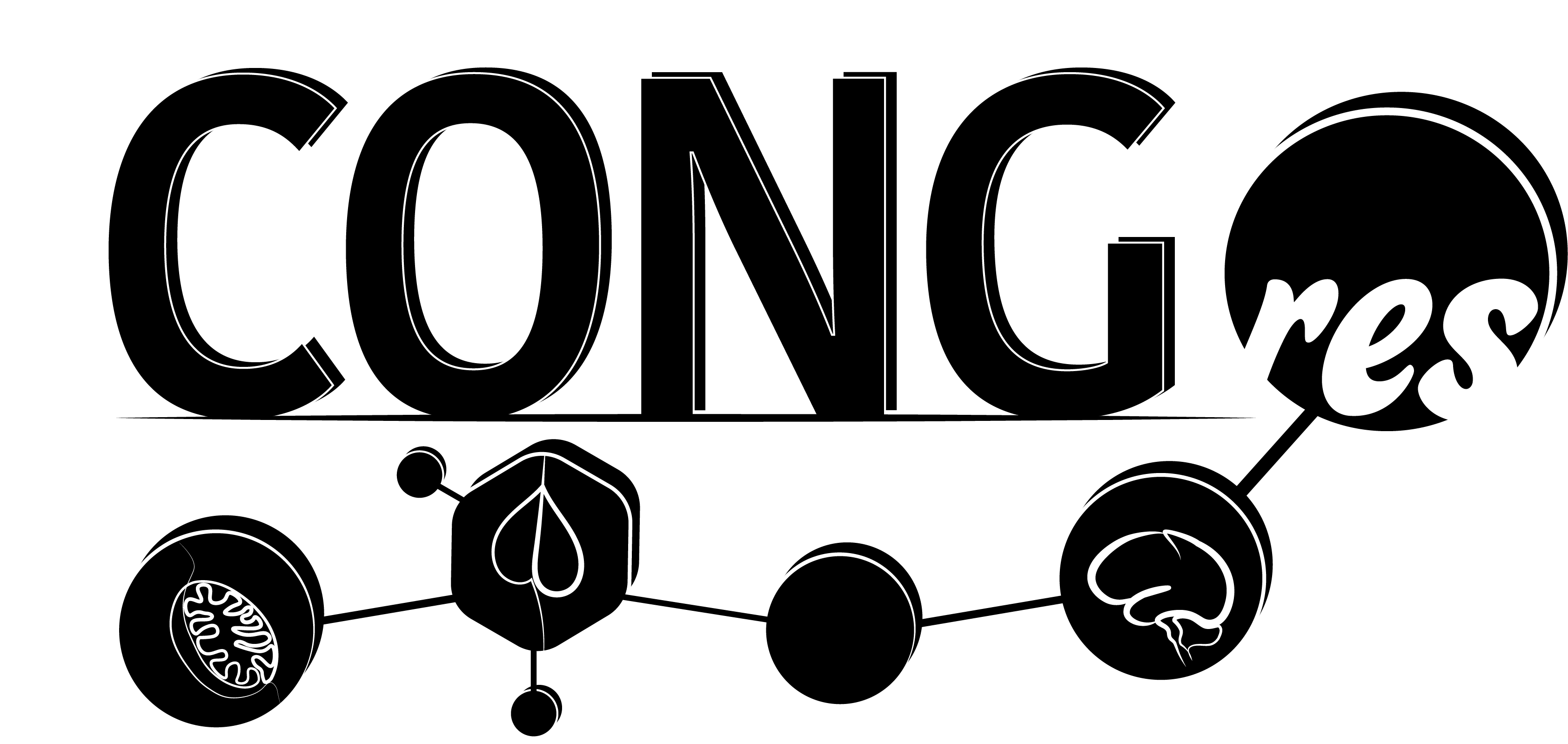Main speakers
Gerard Muijzer
He is a Professor of Microbial Systems Ecology in the Department of Aquatic Microbiology, Institute for Biodiversity and Ecosystems Dynamics at the University of Amsterdam.
He will inform us about the (micro)organisms that will survive and/or will thrive during circumstances related to an apocalypse, such as high temperatures and high levels of radioactivity.
Joris Buis
He is an education Developer, Programme manager and Lecturer of, amongst others, the Honours Course ‘Extinction: the past, present, and future’ at the University of Amsterdam.
He will inform us about the underlying mechanisms of and the scientific perspective on extinction, as well as about the current status of mass extinction.
Ries Simons
Ries Simons is senior consultant in Aerospace Medicine. He is co-chairman of the Advisory Board of the European Society of Aerospace Medicine (ESAM), member of the Space Medicine Group of ESAM, and member of the Air Transport Medicine Committee of the Aerospace Medical Association (USA). Ries has given many lectures about the hemodynamic effects of orbital and sub-orbital flights.
At this congress Ries will focus on the effects of physiological and psychological effects of space flights when humans migrate to outer space.
Charissa de Bekker
Charissa de Bekker is an assistant professor in the Department of Biology and the Genomics and Bioinformatics Cluster at the University of Central Florida. She earned her Ph.D. from Utrecht University in the Netherlands.
Charissa will talk about a realistic version of a zombie Apocalypse. The type of infected living dead that seem to exist with the sole purpose to transmit their infection to the living. While most zombie stories are firmly based in the camp of fiction, so-called “zombie-making parasites” are very real. These parasites of course do not cause the rise of the undead but they do change the behavior of their animal hosts such that it favors disease transmission.
Parallel speakers
Barnita Bagchi
She is an Indian feminist advocate, historian, sociologist and faculty member in literary studies at Utrecht University.
She will inform you about dystopian literature across the world, focusing on European classics, South Asian and Afrofuturistic approaches of dystopia in media and movies. Hereby, the relationship between culture and thought about apocalypse and dystopia is discussed.
Wieger Wamelink
He is an ecologist en exobiologist at Wageningen University & Research
What will the future bring with migrating species? Will ecosystems as we know them survive? Or will we go towards forests dominated by stone oak? Or do we have to migrate to Mars to survive as a species? Wieger Wamelink will tell us more about this interesting subject at this years Congo Conference.
Boris van Meurs
He is a PhD student of philosophy at the Radboud University in Nijmegen. His dissertation will discuss the relation between geological time, narrativity and human action.
In the climate debate, one is often faced with the possibility of a coming eco-catastrophe. The idea of this catastrophe is used to propagate political changes that should be made as soon as possible, as in the speeches of Greta Thunberg. The end of the world seems to slowly become a possibility to reckon with and climate activism justifies its civil disobedience by appealing to the urgency of the situation. This begs the question in what way exactly the idea of a possible ‘Apocalypse’ and the concept of politics are related. How do you govern the possible end times? How do images of the eco-catastrophe make new forms of political organization possible? In my lecture I will critically engage with political concepts of climate change, and relate these to thinkers such as Thomas Hobbes and Rousseau.
